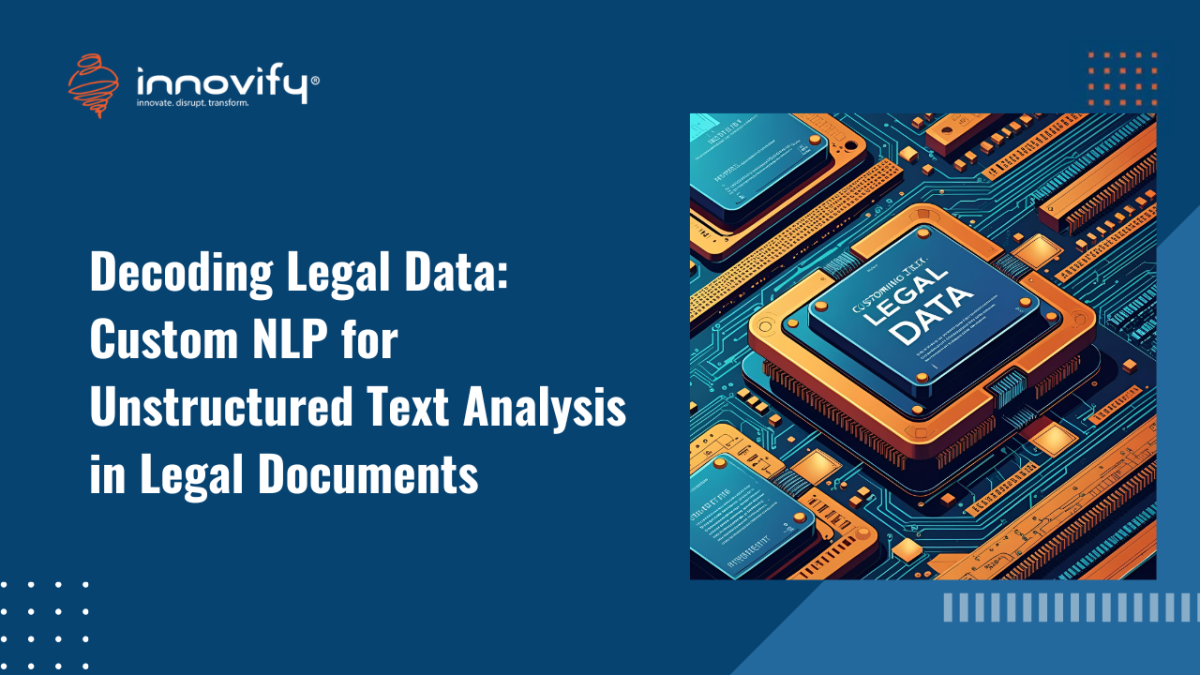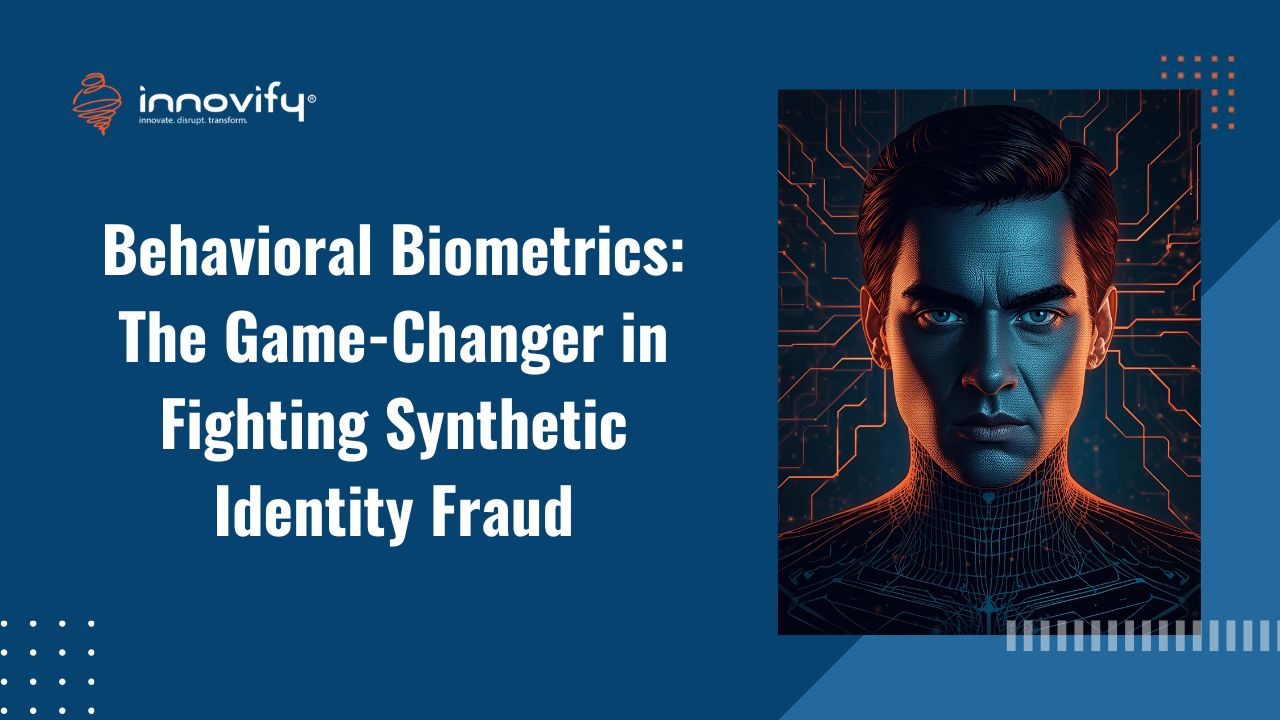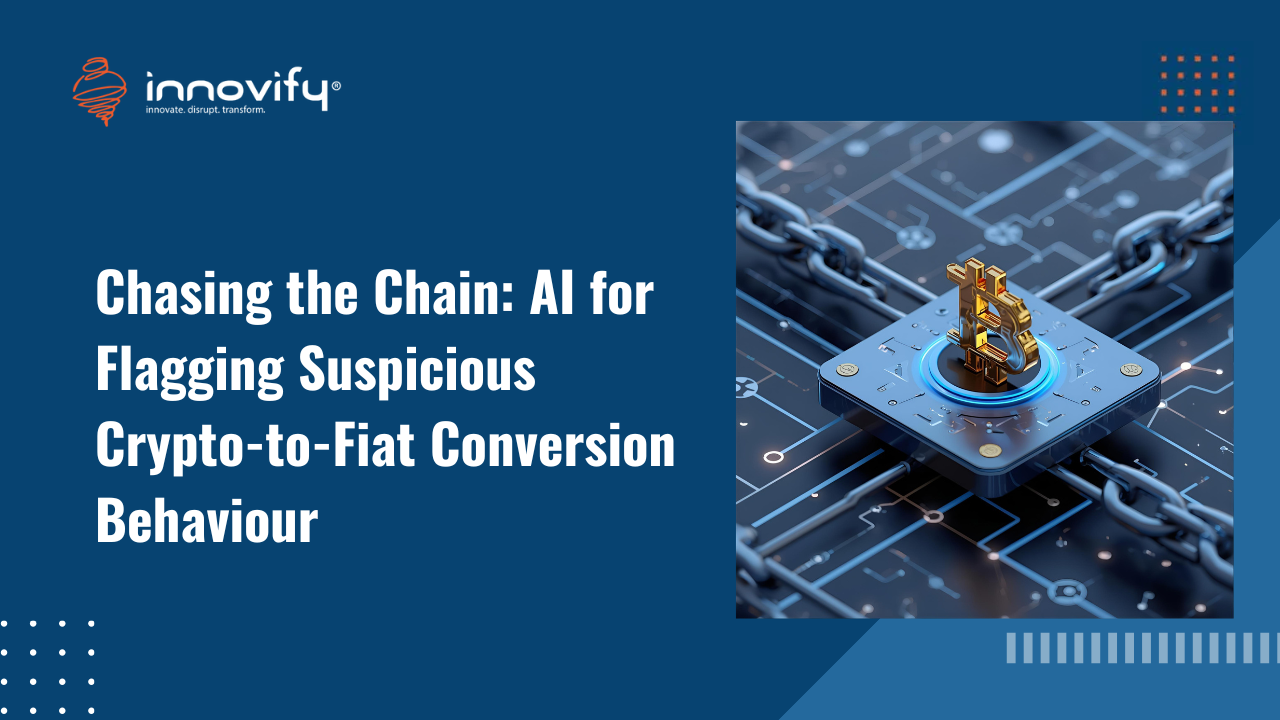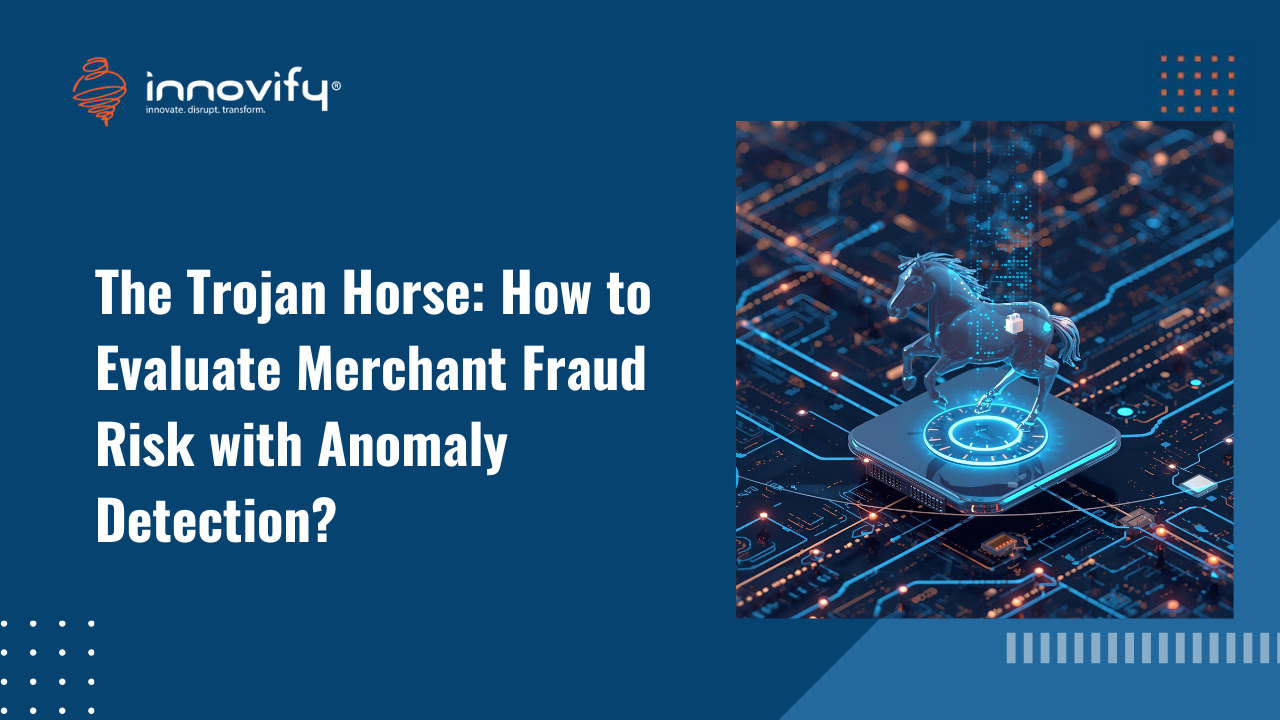AI/ML
Decoding Legal Data: Custom NLP for Unstructured Text Analysis in Legal Documents
Custom NLP solutions for unstructured text analysis in legal documents
The legal industry is drowning in text. From contracts and case law to patents, regulatory filings, and discovery documents, legal professionals navigate an immense and ever-growing sea of unstructured information. Traditionally, extracting actionable insights from these documents has been a labor-intensive, time-consuming, and often error-prone manual process. This bottleneck significantly impacts efficiency, increases costs, and can even introduce risk by missing critical details. The emergence of Natural Language Processing (NLP) offers a transformative solution, but it’s the development of custom NLP solutions for unstructured text analysis in legal documents that truly unlocks its full potential.
The Challenges of Legal Document Analysis
Legal language is highly specialized, nuanced, and context-dependent. It’s replete with jargon, complex sentence structures, Latin phrases, and references to statutes and precedents that defy simple keyword searches. Manual review of thousands or millions of documents in e-discovery or due diligence can take months, costing exorbitant sums. Even when key information is identified, ensuring consistency across documents and extracting it in a structured format for analysis is a Herculean task. Furthermore, the sheer volume makes it easy for human eyes to overlook subtle but critical clauses, leading to compliance risks or unfavorable contract terms.
Why Custom NLP is Crucial for Legal
While general-purpose NLP tools can perform basic text analysis, they are often insufficient for the unique complexities of legal documents. A standard NLP model might struggle to differentiate between a common noun and a specific legal entity, or to accurately identify the specific legal obligation within a dense paragraph. This is precisely why custom NLP solutions for unstructured text analysis in legal documents are essential.
Custom NLP models are not just pre-trained algorithms; they are finely tuned and often built from the ground up using vast datasets of specific legal texts relevant to a firm’s or organization’s practice area. This tailored training allows them to:
- Understand Legal Nuances: Accurately identify and extract specialized legal entities (e.g., parties, jurisdictions, dates, specific clause types like indemnification or force majeure).
- Contextual Comprehension: Interpret the meaning of words and phrases based on their legal context, distinguishing between identical terms that have different meanings in different legal settings.
- Extract Complex Relationships: Identify relationships between entities and concepts, such as who is obligated to whom, under what conditions, and by what deadline.
- Detect Ambiguity and Inconsistencies: Flag potentially ambiguous language or inconsistencies across multiple documents that might indicate risk or require further review.
- Summarize and Prioritize: Automatically generate concise summaries of lengthy documents, highlighting critical clauses, or prioritize documents based on relevance to a specific legal question.
Practical Applications in the Legal Field
Custom NLP can revolutionize various legal processes:
- Contract Analysis and Review: Rapidly review vast numbers of contracts during M&A due diligence, identifying specific clauses (e.g., change of control, intellectual property ownership), obligations, and risks in minutes, not months.
- e-Discovery: Efficiently process and categorize millions of documents, identifying relevant evidence, privileged information, and critical communications for litigation.
- Legal Research: Assist lawyers in sifting through vast libraries of case law and statutes, finding relevant precedents and arguments based on semantic similarity rather than just keywords.
- Compliance and Regulatory Monitoring: Automatically scan new regulations and compare them against existing policies and contracts, flagging areas of non-compliance.
- Patent Analysis: Analyze patent applications for novelty, scope, and potential infringement.
By empowering legal professionals with custom NLP, firms can drastically reduce the time and cost associated with document review, mitigate risks by ensuring comprehensive analysis, and free up highly skilled lawyers to focus on strategic legal thinking rather than tedious manual tasks. It’s about turning data overload into a data advantage. Ready to unlock insights from your legal documents with custom NLP? Book a call with Innovify today.




